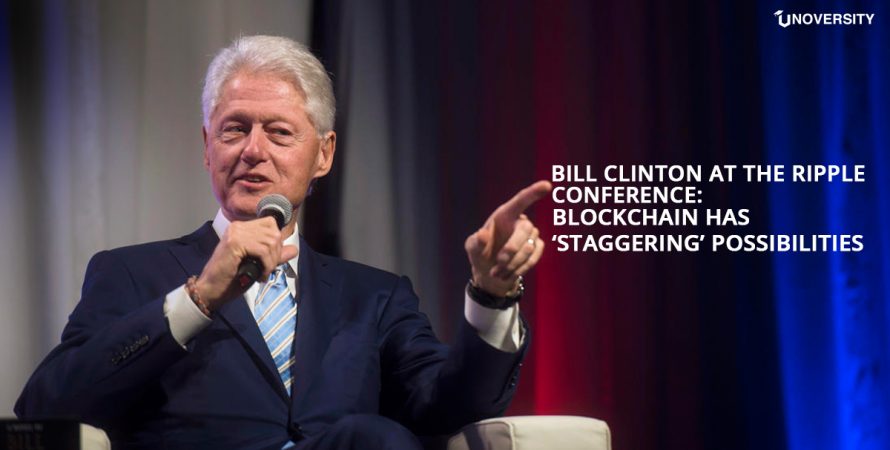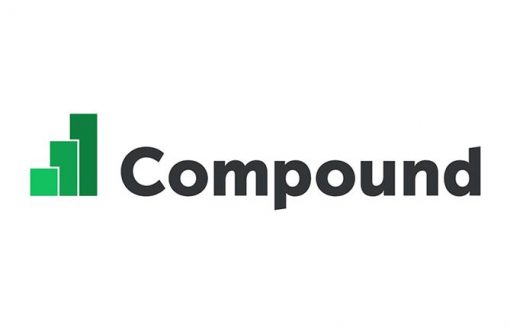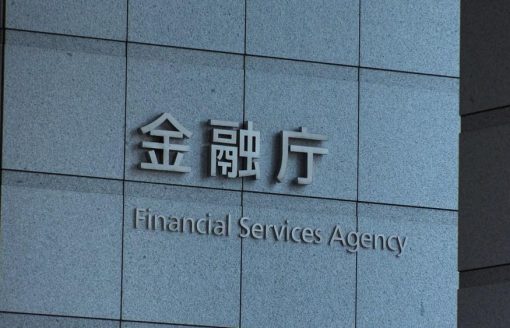On October 1st, the former United States President, Bill Clinton arrived at a cryptocurrency industry conference to casually discuss the promise and risks of blockchain technology. The conference was held in San Francisco and was sponsored by the largest holder of the cryptoasset XRP, cryptocurrency token by Ripple.
Clinton was the keynote speaker at the conference and he also participated in a question-and-answer session with Gene Sperling, his economic adviser from 1996 to 2001. Unlike other conferences, Clinton’s keynote was not recorded; but, a cell phone video (https://www.youtube.com/watch?v=6hPJ2z5F44E) recorded by an event attendee revealed a wide-ranging discussion that centered on Clinton’s two terms as president from 1993 to 2001, and, also focused a little on blockchain.
The former president who worked as the nation’s chief executive during the internet’s transformation from the technological edge to the commercial mainstream — said that distributed ledger technology (DLT) has “staggering” opportunities since it does not limitations when it comes to national borders. However, he cautioned that divisive economic and social policies could “ruin” it.
President Clinton said:
“This whole blockchain deal has the potential it does only because it is applicable across national borders [and] income groups. The permutations and possibilities are staggeringly great. We could ruin it all by negative identity politics and economic and social policy. You think about that.”
He also advised that both the blockchain and cryptocurrency industry should not go ahead of itself, as it could result in overstating the financial and social inequalities between people in developed and emerging markets.
He also mentioned that “The more the benefits materialize, the more you have to be careful about it,” according to a report in TheStreet, adding that early adopters must bypass getting “carried away with the immediate financial rewards” connected with this asset class.
“You don’t want consumer fraud, you don’t want to finance criminal enterprises, and you certainly don’t want to make it easier to pull off severe attacks by terrorists. That’s the challenge of each new technology,” he added.
There have been various delegates from the President’s office who have given a positive stance about blockchain and cryptocurrency. In July 2018, George Sax, a former deputy assistant director of the United States Secret Service, joined a London-based Bitcoin wallet startup called Blockchain. Sax was responsible for fighting cyber-related financial crimes and expanding programs to protect the U.S. financial infrastructure. He was also responsible for guarding a number of U.S. presidents and their families.
“Blockchain is helping to build a fairer financial future by democratizing access to digital assets,” Sax said in a company statement. (https://blog.blockchain.com/2018/07/19/welcome-george-sax-blockchains-new-head-of-global-security/)






First cross country crypto remittance in South East Asia